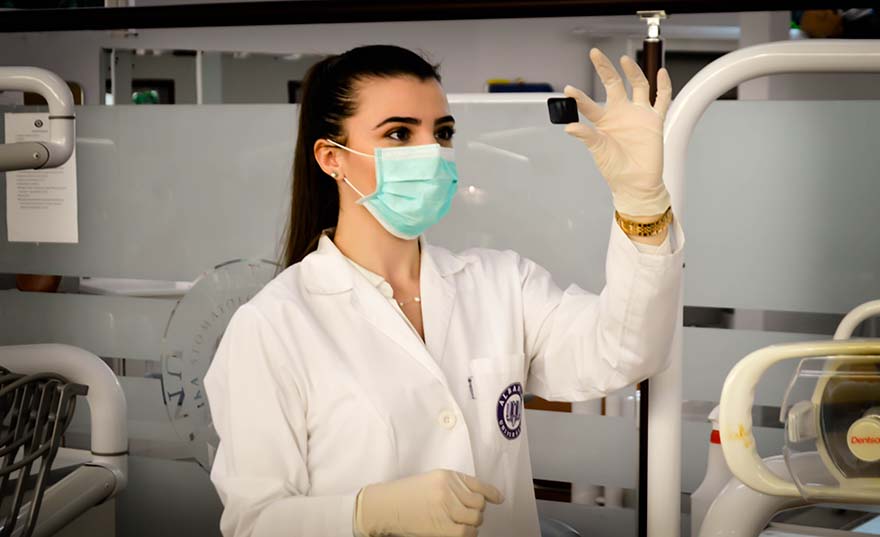For many people, taking part in clinical trials or research studies can be a way to help advance science or cures, get free medical tests, and make some cash on the side.
The race to find an effective COVID-19 treatment and vaccine increased the number of research studies. However, a recent report from the FTC, plus other reporting, advises people to be very cautious. Not all these studies are legitimate and in fact, some are outright fraudulent – and dangerous. (Check out this story about unscrupulous companies charging volunteers for dangerous and unproven therapies.)
Before you volunteer for any trial, you need to know how to spot the fakers out to steal your money, your personal information…or even your health. Scammers have created fake websites and promotional materials, posing as legitimate researchers for many remedies, even for COVID-19. Why? To get your personal information and your money. Often – like legitimate research efforts do – scammers promise a doctor’s care, medical tests, and up to $1,000 in payment.
However, the FTC says no legitimate researcher will try to charge you for access, or ask for your Social Security, bank account, or credit card number during recruiting or screening.
If you’re interested in participating in a research study, the FTC offers these tips:
- Never pay to be part of a clinical trial, or to find out about one. Real clinical trials will never ask you to pay them.
- Do an online search before you join, with the name of the clinical trial and the words “scam,” “review,” or “complaint.”
- Legitimate clinical trials do gather information to identify ideal candidates. To screen for participants for COVID-19 trials, they might ask for your name, contact information, age, gender, race, ethnicity, or various pre-existing conditions associated with higher risk of a COVID-19-related mortality. But they should never ask you to give your Social Security number during recruitment or screening.
- Never share financial information (like your bank account or routing number). Most legitimate trials will offer to pay people to participate in the trial, but you can ask to be paid by check rather than direct deposit. The amount you get will vary based on the trial, but it can range from $1,000-$2,500, particularly in Phase III of vaccine trials.
The National Institutes of Health (NIH) and the National Library of Medicine (NLM) maintain ClinicalTrials.Gov, a free searchable database of clinical studies on a wide range of diseases. You can also use the database to get more information about studies, including whether they’re recruiting participants, and their contact information. If you’re interested in volunteering for a COVID-19 trial, you can sign up at the COVID-19 Prevention Network, a site run by the National Institute of Allergy and Infectious Diseases at the National Institutes of Health….and if you spot a trial that’s charging people to participate, or demanding your SSN or financial information during screening, be sure to tell the Federal Trade Commission.
Want more updated info? Visit here.
Photo by Ani Kolleshi on Unsplash
